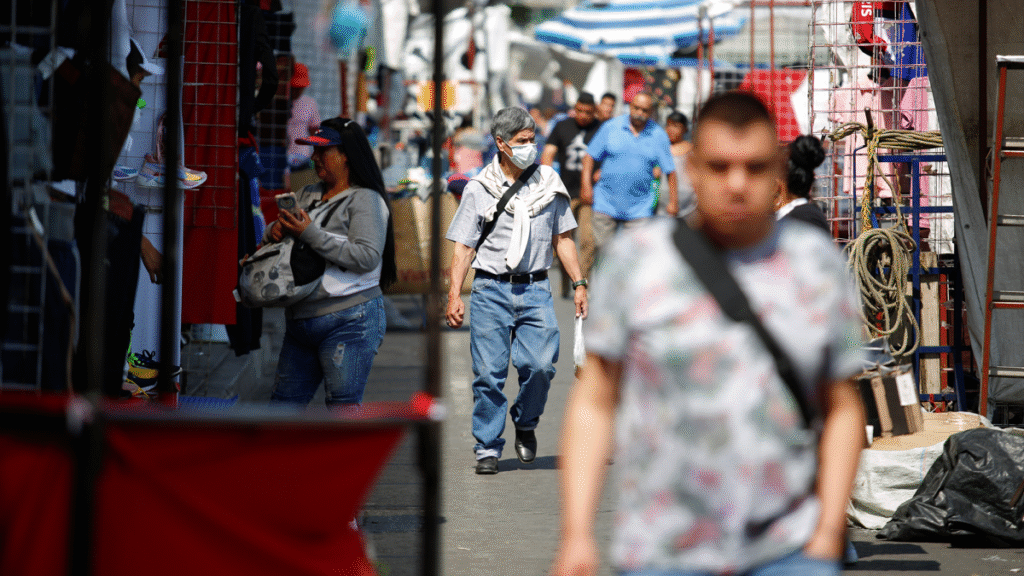Introduction
BBVA, a prominent Mexican bank, emphasizes the importance of digitalizing the economy to curb informality and cash transactions. According to BBVA’s analysis, informality poses a significant obstacle to the country’s development, primarily affecting small and medium-sized enterprises (SMEs). Despite generating 70% of employment, most jobs in these sectors are informal. Moreover, labor and business informality perpetuate cash as the primary payment method.
Current Situation
In 2024, 85% of transactions were conducted in cash, resulting in only 15% of payments providing traceability to verify the payment capacity of individuals and businesses.
BBVA’s Proposed Solutions
During its National Meeting of Regional Councilors 2025, BBVA presented potential measures to address this issue. These include:
- Implementing a simplified tax regime to encourage SMEs to transition into the most formal sector possible.
- Promoting digital payments, even within government transactions.
Eduardo Osuna, BBVA Mexico’s Vice President and General Director, explained, “We need to continue thinking about the simplified tax regime that allows SMEs to join the most formal sector we can have. Once they enter this regime, they should be banked.”
Relevance of BBVA and SMEs
BBVA is a crucial financial institution in Mexico, offering banking services to individuals, SMEs, and large corporations. SMEs are vital for Mexico’s economy, accounting for a significant portion of employment and GDP. However, their informality hinders economic growth, traceability, and formal sector development.
Impact of BBVA’s Proposals
If implemented, BBVA’s proposals could lead to:
- Increased formalization of SMEs, enhancing their access to financial services and credit.
- Greater traceability of transactions, reducing opportunities for tax evasion and money laundering.
- Boost in digital payments, fostering a more transparent and efficient economy.
- Improved government revenue due to better tax collection and reduced informality.
Key Questions and Answers
- What is informality, and why is it a concern for BBVA? Informality refers to unregistered businesses and employees operating outside the formal economy. BBVA sees it as a significant obstacle to economic development, particularly for SMEs that generate most jobs but are predominantly informal.
- How does cash perpetuate informality? Cash transactions make it difficult to trace payments, enabling both labor and business informality. This, in turn, maintains cash as the primary payment method.
- What are BBVA’s proposed solutions to combat informality? BBVA suggests implementing a simplified tax regime for SMEs to transition into the formal sector and promoting digital payments, including government transactions.
- How would BBVA’s proposals impact SMEs and the Mexican economy? The proposals could lead to increased formalization of SMEs, better access to financial services, enhanced traceability, and a more efficient economy.






